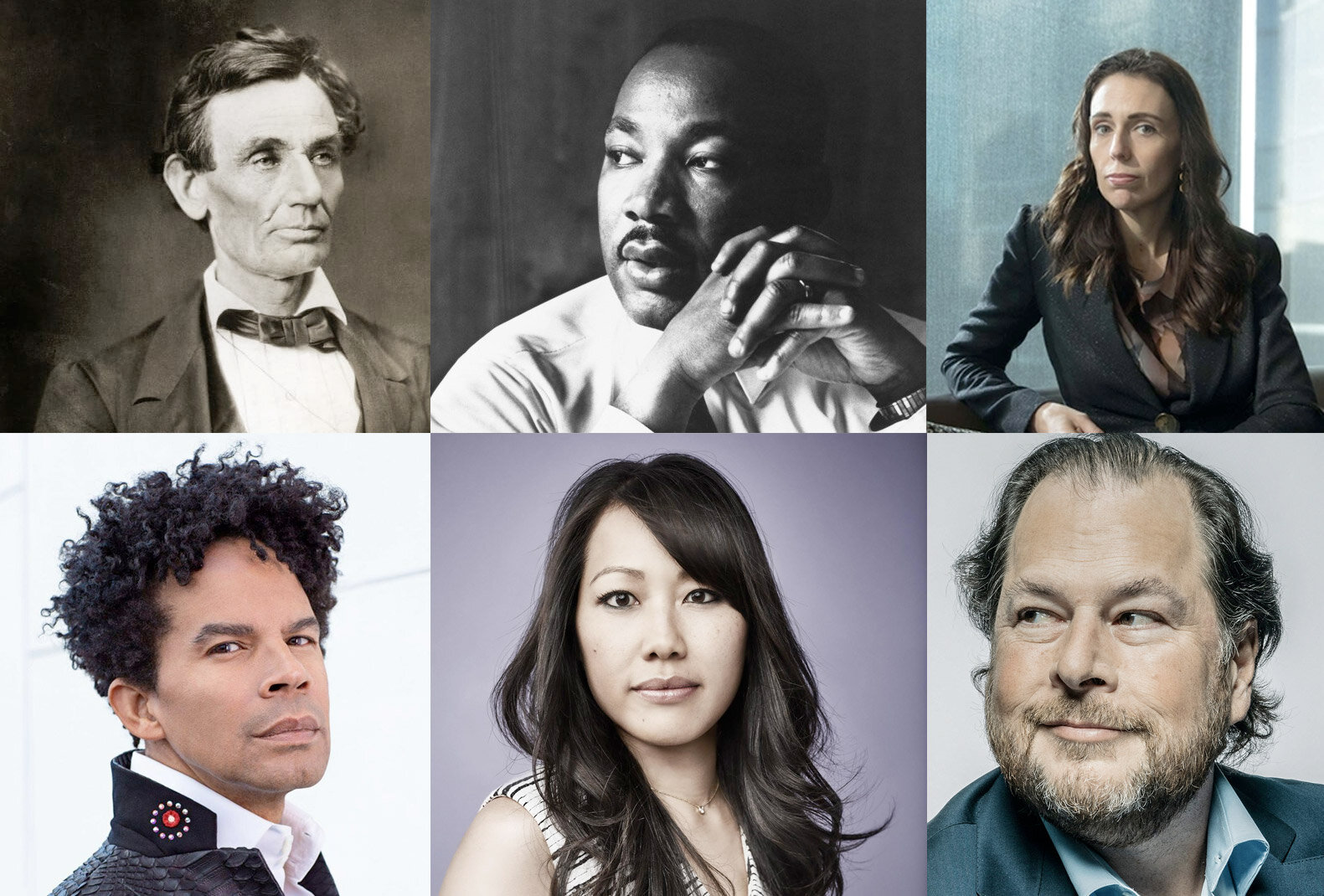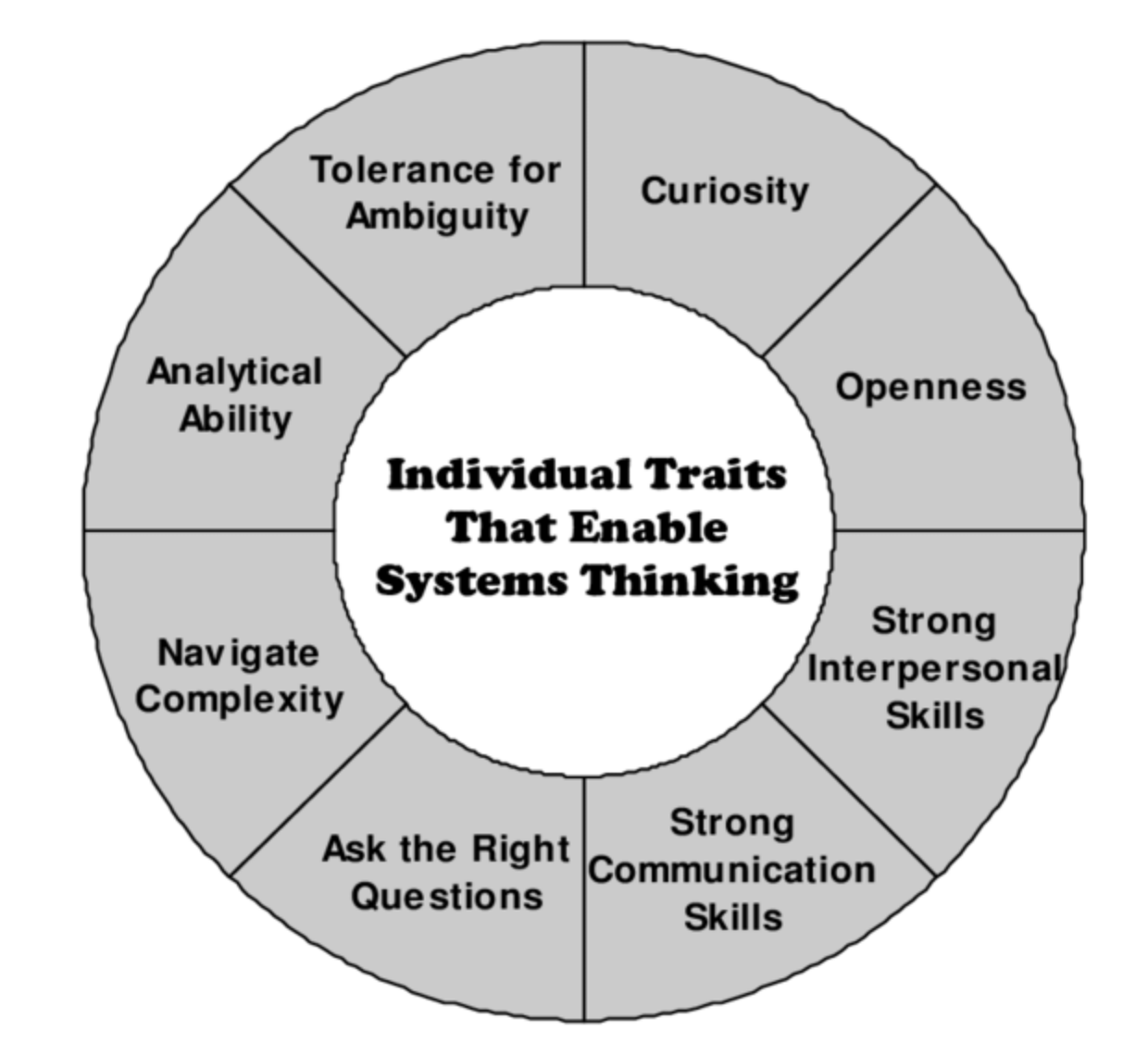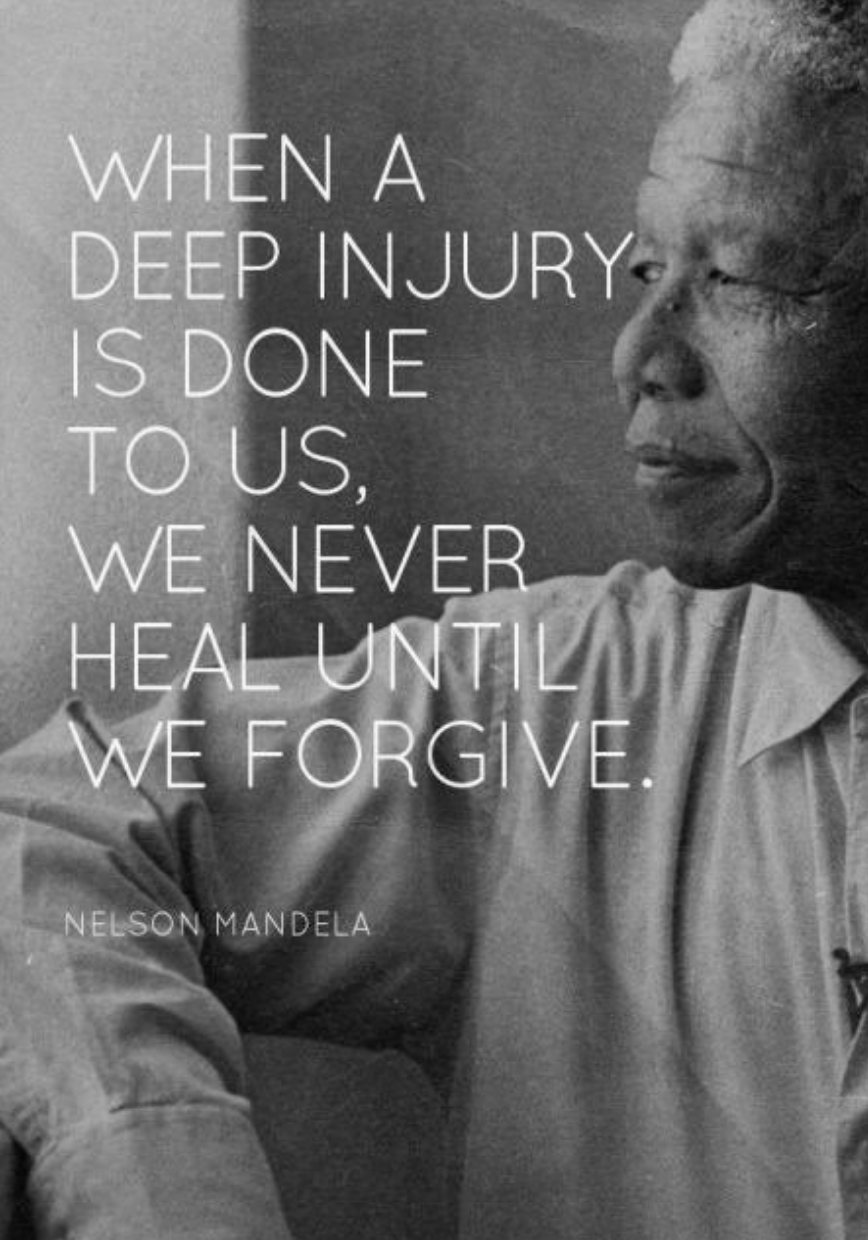5 min read
The 4 Most Important Leadership Skills for Tomorrow's World
![]() Shane Snow
Jan 10, 2023 6:43:04 PM
Shane Snow
Jan 10, 2023 6:43:04 PM

Explorations > Teamwork > Leadership
If there's anything the events of the COVID-19 pandemic (and its aftermath) taught us, it’s this: we are more interconnected than ever before.
Diseases from one part of the world can infect the whole world.
Violence in one city can be felt in all of our cities.
Acute acts of injustice reveal systemic problems. Local movements easily become global ones. And the words of our leaders have ripple effects far beyond the words themselves.
When we look a little less macro, we see the same kinds of effects:
Our businesses are more interconnected than ever, too: with our partners, with the technology platforms we build on, and with the communication tools and supply chains we depend on.
And within our own teams, injustice and unrest in one area can infect a business’s entire culture. A lack of second-order thinking—or moral backbone—in a single leader can have ripple effects across our companies and the customers they serve.
So I think now’s a good time to stop and ask ourselves:
What makes a good leader for our future?
Given the realities, I’d suggest that we should not prize the same kinds of leadership qualities that we have in the past.
Gone are the days when the leaders that made sense for humanity were “the big guy who fights good.” And gone are the days when it was smart to pick “the guy who says he has all the answers."
Those kinds of “linchpin” leaders are fallible because they’re human. And these days they’re an enormous risk. Because when they’re wrong, or when their "strength" manifests as stubbornness, the results can be devastating.
When people disagree with them, too many traditional leaders dig in, shut out, or otherwise react shortsightedly. In large part, that’s because things are no longer just about your company—or just your community.
That's why, we need to start to prioritize the following four rare leadership qualities:

Future Leadership Skill #4:
systems thinking
Having spent the last several years working on books and large-scale psychology studies on breakthrough teamwork, I have a strong point of view on the teamwork principles needed to solve hard problems in novel ways.
So when I think about what kind of leaders we need in the future, I think about leaders who understand how the big picture of teamwork works—what's known as "systems thinking"—in two ways:

First: Tomorrow’s best leaders will understand that everything is connected—and their choices and priorities will reflect that.
Systems are combinations of things that *should* exceed the sum of their parts.
A rainforest is more than its flora and fauna; the interconnection between those helps all the rainforest’s life thrive more than it would alone.
Same with human systems.
The actions of one city or business or manager almost always has second-order effects on the whole system. So tomorrow’s great leaders will be aware of that and make decisions in terms of the greater system, not just their own immediate priorities.
Second: Tomorrow's best leaders will understand that systems thinking applies to their own people as well. The team you lead must be smarter than you.
The leader’s job is to unlock the potential of the larger system (team), not to be the bigshot who has all the ideas on his/her/their own. This means that tomorrow’s leaders will need to understand how cognitive diversity works—and use it.
For more on systems thinking, check out this excellent (and nerdy) post from Farnam Street, this overview on Medium by Disruptive Design, and/or my book Dream Teams. (P.S. The diagram above comes from this research article. In particular, "Ask the Right Questions" is key, because the right questions factor in the long-term ripple effects of any action and consider what will happen even once the leader is gone.)

Future Leadership Skill #3:
intellectual honesty
There’s a difference between teeeeechnically not telling a total lie… and being truly honest. Unfortunately, for too long the world has rewarded those who are able to take advantage of others through information asymmetry or intellectual dishonesty.

If you often have to wriggle out of the things you say—instead of being clear, and admitting when you're wrong—you can't be counted on in the way the world needs now. In a world as complex and connected as ours, the collaboration we need in order to make our systems work (see above) requires more transparency and more honesty.
So tomorrow’s great leaders will need to take integrity to a new level.

Future Leadership Skill #2:
Intellectual Humility
Helping a team of people to unlock its potential to be smarter than you requires humility—for sure. But I think that tomorrow’s leaders need to have something more specific than that. They need intellectual humility.
That is, they need to be aware of the limits of their own knowledge, and to be willing to change their minds in light of new information—no matter how hard it is or how bad it looks.

Unless you plan on only handling the challenges that have already been handled in the past, it’s a huge mistake to pick leaders who are stoic and immovable. We need leaders who are adaptable.
When it comes to leadership, flexibility is the new strong.
For everything you ever wanted to know about intellectual humility, see this post here.

Future Leadership Skill #1:
Charity / Benevolence
We live in a world where it’s increasingly impossible to avoid people who aren’t just like us. And that’s a good thing; innovation is built from different ways of thinking and culture-add rather than culture fit.

But whereas in the past we could get away with having leaders who just looked out for themselves or “their people,” tomorrow we’re going to need leaders who are able to put themselves in the shoes of everyone.
Among all the leadership traits that people are clamoring for right now with what’s going on today, empathy ranks at the top.
But I think that understanding where people are coming from isn’t going to be enough.
Our leaders are going to need to model kindness and nonviolence in a way that goes above and beyond what many people would call “fair enough.”
It’s highly unlikely that we’ll be in many situations again where there’s no amount of past baggage, past injustice, past trauma, or present immaturity won’t be at play in the big decisions and problems we tackle. So we’re going to need leaders who are models of treating people charitably.
We need the leader who, as Dr. Martin Luther King once said, “not only refuses to shoot his opponent but he also refuses to hate him.”
This is the kind of leadership we need to reestablish trust. It's the kind of leadership that will not just solve new problems, but be able to look at our existing systems that create problems—including inequality and xenophobia and outdated thinking—and re-invent those systems.

Of course, we have existing examples of world leaders who fit the bill of these four things that what we want in the future. Ironically some of them lived a long time ago (Abraham Lincoln comes to mind). Some of them already helped us make some of our biggest social progress (Dr. King comes to mind, and more recently Nelson Mandela). And some who model many of these traits are currently in positions of power today.
But there needs to be more. And we need them leading our businesses. Because businesses are an essential part of the global system we're all part of today.
A business leader who has these four meta-skills will make hard choices. They'll put people over profits. They'll put their company's impact on their community at the top of the list of priorities. And they'll pivot and go against the grain without fearing how it looks—if it's the right thing to do for people.
When I think about this, I'm reminded of Aaron Walton, CEO of Walton Isaacson, the ad agency that gives voice to less-heard groups—and whose business partner Magic Johnson does immense work to use business to uplift communities. I'm reminded of Jane Chen, the designer turned CEO whose products for new moms have helped save hundreds of thousands of babies' lives in the third world. I'm reminded of Warren Buffet and Marc Benioff, who model big-picture thinking and kindness in every business decision they make.
Imagine for a minute that every leader of every company and country was a systems thinker who was intellectually honest and humble, and who practiced empathy and modeled charity.
Can you imagine how much we'd get done together?
Can you imagine how we'd handle the next global outbreak?
The next big tragedy?
Now, some may say that the kind of aspirational leadership I’m describing is a pipe dream. But then again, wasn’t it Eleanor Roosevelt who said, “The future belongs to those who believe in the beauty of their dreams”?

